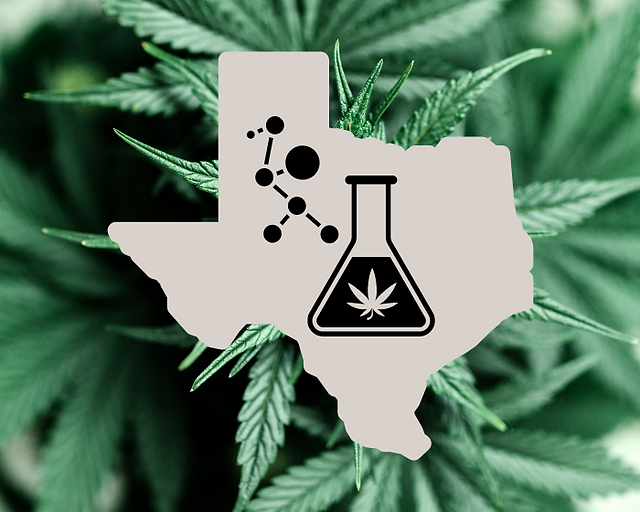Texas Appeals Court Upholds Injunction Against Delta-8 THC Ban
LOS ANGELES- In the ever-evolving landscape of hemp regulation, Texas has encountered more than its fair share of bumps. On Thursday, a significant turn took place as a Texas appeals court upheld a temporary injunction against the state’s ban on delta-8 THC, marking a victory for a conglomerate of businesses and consumers challenging the ban’s validity.
The Texas Department of State Health Services and its commissioner had made an assertive move, updating their consumable hemp program webpage to indicate that products with more than 0.3% of delta-9 THC were permissible. However, all other THC variants, notably including any proportion of delta-8, were branded illegal Schedule I controlled substances.
Stepping into the fray, CBD retailer Hometown Hero, the Create A Cig Temple vape store, along with consumers Darrell Suriff and David Walden, took legal action. They argued that the department’s edict was not in alignment with the Texas Health & Safety Code and the stipulations of the Administrative Procedure Act.
Validating the group’s contention, the three-member Third Court of Appeals panel reiterated the original injunction, reinforcing the group’s legal standing to challenge the decision. Among the compelling arguments, the businesses pointed to declining sales and inevitable job losses following the ban. Additionally, they spotlighted individual accounts of those who found solace in hemp products, notably for alleviating opioid addiction. These narratives, which even featured a spokesperson from the Texas Veterans of Foreign Wars, significantly influenced the panel.
Reflecting on this evidence, the justices opined, “Viewing this evidence in the light most favorable to the trial court’s ruling, we conclude that there was some evidence to support the trial court’s finding of probable, imminent, and irreparable injury in the interim.”
Hometown Hero CBD expressed relief in a public statement, saying, “This ruling helps save an $8 billion industry and thousands of jobs, but it also gives adult consumers and veterans continued access to hemp-based cannabis products vital to their everyday lives.”
Amanda G. Taylor, representing the challengers, commented on the state’s overreach, stating that the commissioner and agency attempted to sidestep the legislative bounds “without appropriate public notice or an opportunity to be heard.”
The legal process remains ongoing. Barring an appeal from the state, the case will revert to the lower court for further proceedings. Taylor is confident, emphasizing that their stance aligns with the 2019 statute that gave the green light to consumable hemp products.
This Texas episode echoes a broader, national narrative. Recently, in Arkansas, a federal judge handed a lifeline to hemp-based product creators, ruling against new delta-8 constraints.
The road for hemp in Texas remains mired in controversy. In a notable incident last year, a political consultant and former key associate of the state’s agricultural commissioner was indicted over a convoluted pay-to-play scheme, casting shadows on the commissioner’s role in the affair.



































